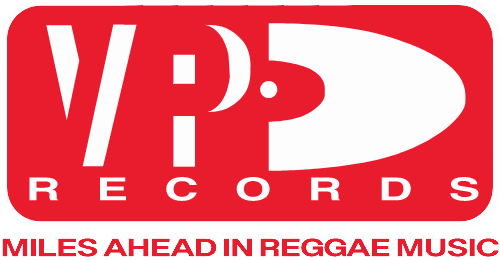
Even though the songs sound worlds apart, one can trace the origins of Nicki Minaj’s “Red Ruby da Sleeze” and skaiwater’s “molli” to the same source: Steven “Lenky” Marsden’s “Diwali Riddim.” Despite separate routes taken — “Red Ruby da Sleeze” was born from Lumidee’s “Never Leave You (Uh Oooh, Uh Oooh),” “molli” samples Wayne Wonder’s “No Letting Go” — the tracks, both released this year, continue a creative evolution two decades in the making, breathing new life into iconic material in the process.
Sampling — taking a portion of a sound recording and incorporating it into a new piece of music — has been around for decades, most notably in hip-hop, and continues to push the limits of the familiar. Nicki Minaj’s recent album Pink Friday II is awash in sampled works, pulling from dancehall not only with the Lenky-produced Lumidee track but also through flips of Dave Kelly’s “Stink Riddim” and “Showtime Riddim,” and an interpolation of Beenie Man’s “Memories.” Earlier in the year, Nas and Hitboy re-imagined Reggie Stepper’s “Drum Pan Sound” in “Bokeem Woodbine,” while BIA took a stab at Red Rat’s “Tight Up Skirt” in “Oh No.”
In other media released this year, classic reggae-dancehall and soca tracks appeared in a variety of television and film productions: “Dem Bow” by Shabba Ranks popped up in the Paramount+ documentary De La Calle; Atlantik’s “All Aboard” was featured in a Max series called Full Circle; Alton Ellis’s “You’ve Made Me So Very Happy” was used in an Adidas basketball ad; and a Levi’s ad was set to Toots & The Maytals’s “54-46 Was My Number.” Elsewhere, the Shaggy-produced Bad Like Brooklyn Dancehall documentary featured tracks like “Tremors Version” by Stephen McGregor, “Under Me Peter Green” by Super Morris, “Sleng Teng Riddim” by King Jammy, “Bad Man Forward Bad Man Pull Up” by Ding Dong, and “Wacky Dip” by Voicemail. What’s clear from all this is that, even in new contexts, reggae-dancehall continues push the conversation – and culture – forward.


